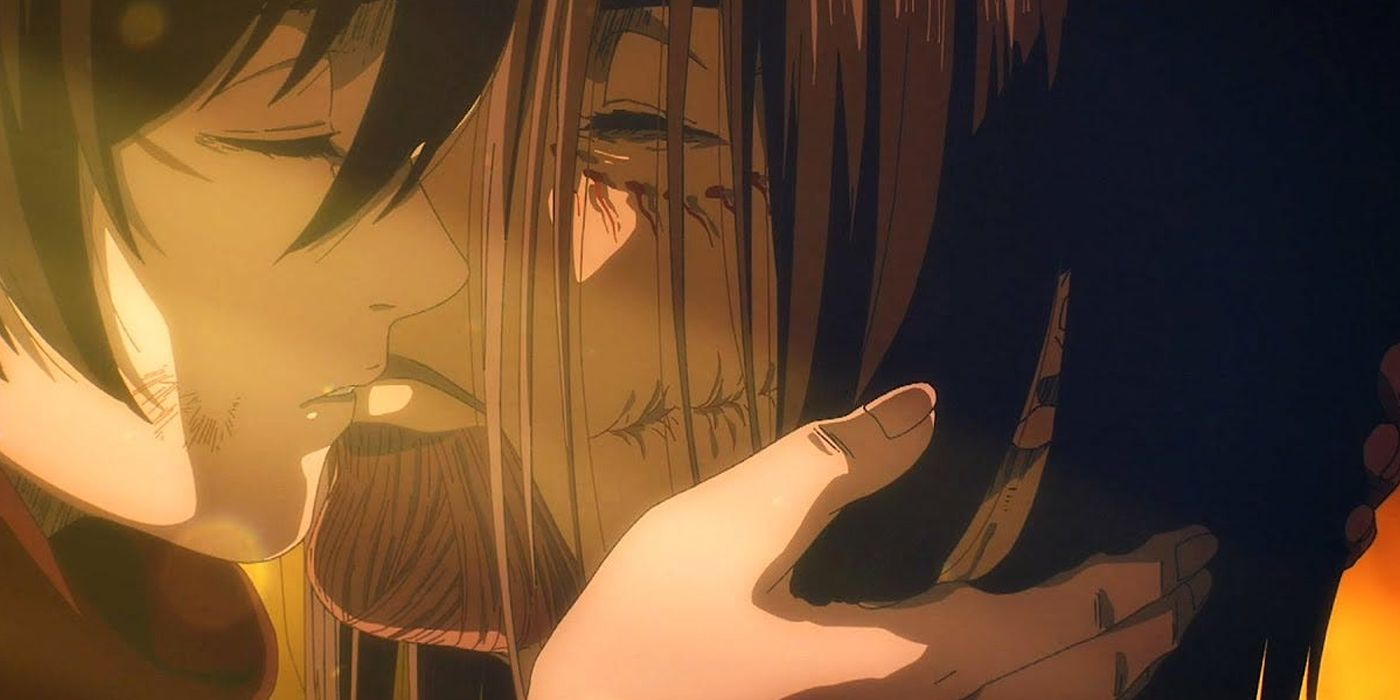
I absolutely love starting new shonen anime – they always grab you with amazing fights and storylines that really push the boundaries of what’s possible! But honestly, it’s heartbreaking how often even fantastic shows fumble the landing. So many either drag on for way too long, or they get bogged down trying to do too much. That’s why satisfying endings – ones that actually wrap up character journeys and stay true to the core themes – are surprisingly rare. For me, a truly great shonen ending isn’t just about who wins the final fight. It’s about feeling like everything means something, and seeing the characters genuinely grow. The best ones stick with you because they feel earned, and they show respect for both the story and the time you’ve invested in it. They just hit differently!
Many shonen anime try for grand finales, but the most memorable ones all share a common trait: they offer a satisfying sense of completion, especially when it comes to characters grappling with who they are and the sacrifices they make for their beliefs. These stories give viewers a rare feeling of resolution. Whether it’s through strong moral lessons, like in Fullmetal Alchemist: Brotherhood, or a focus on relatable human experiences, as seen in Mob Psycho 100, these anime prove that endings can be deeply moving and meaningful. They tie up all loose ends and stay true to the established world and characters.
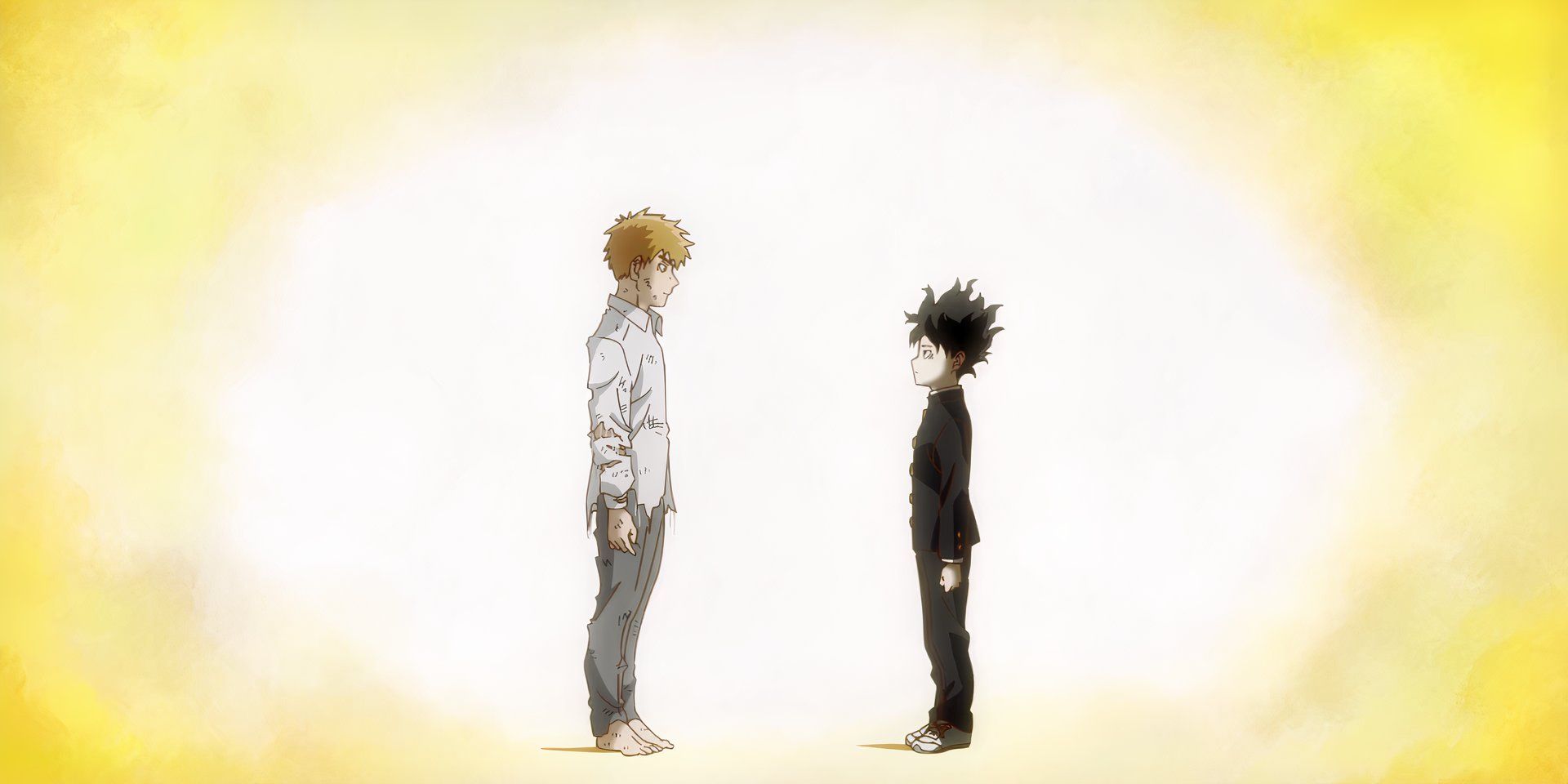
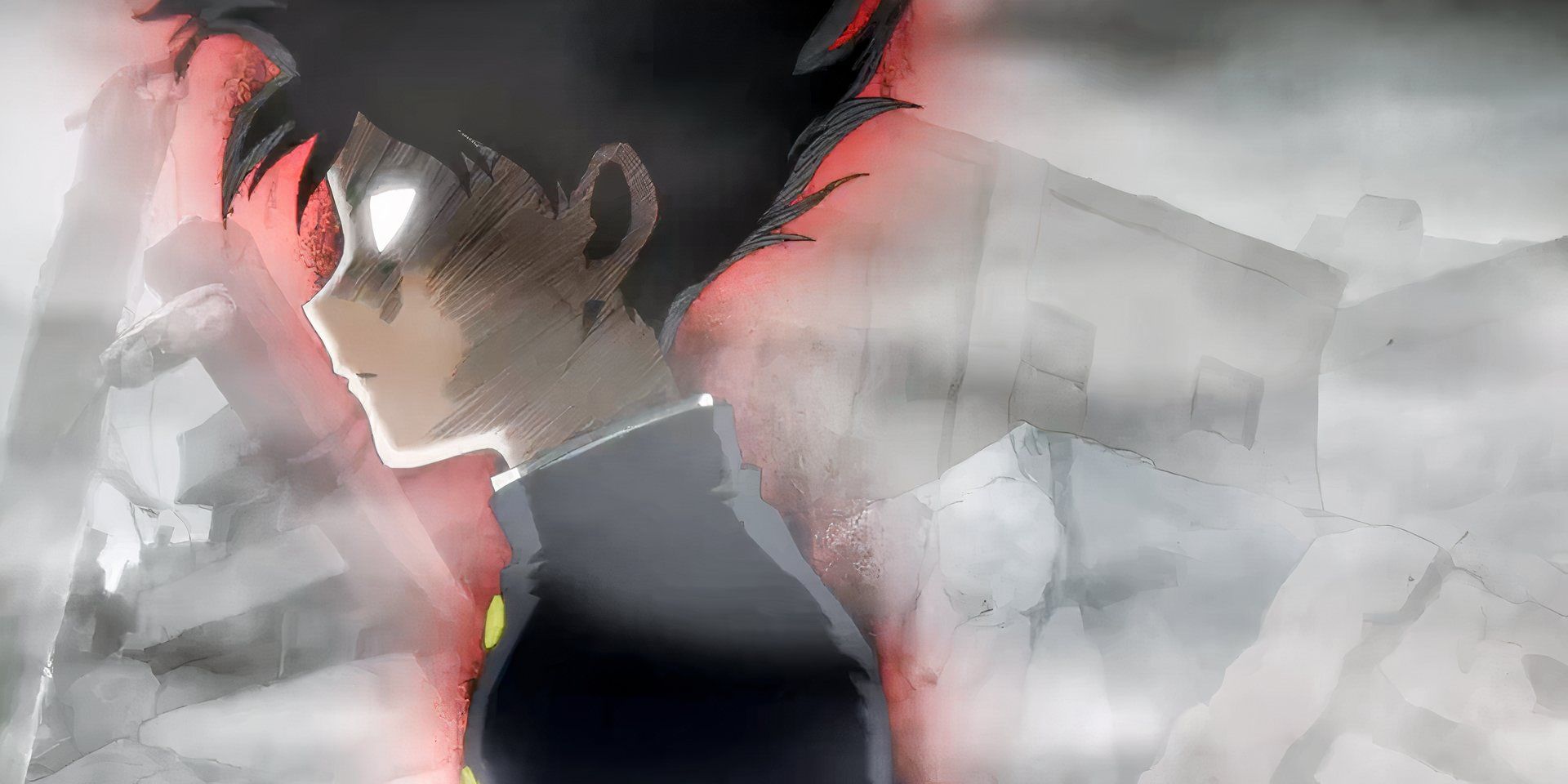
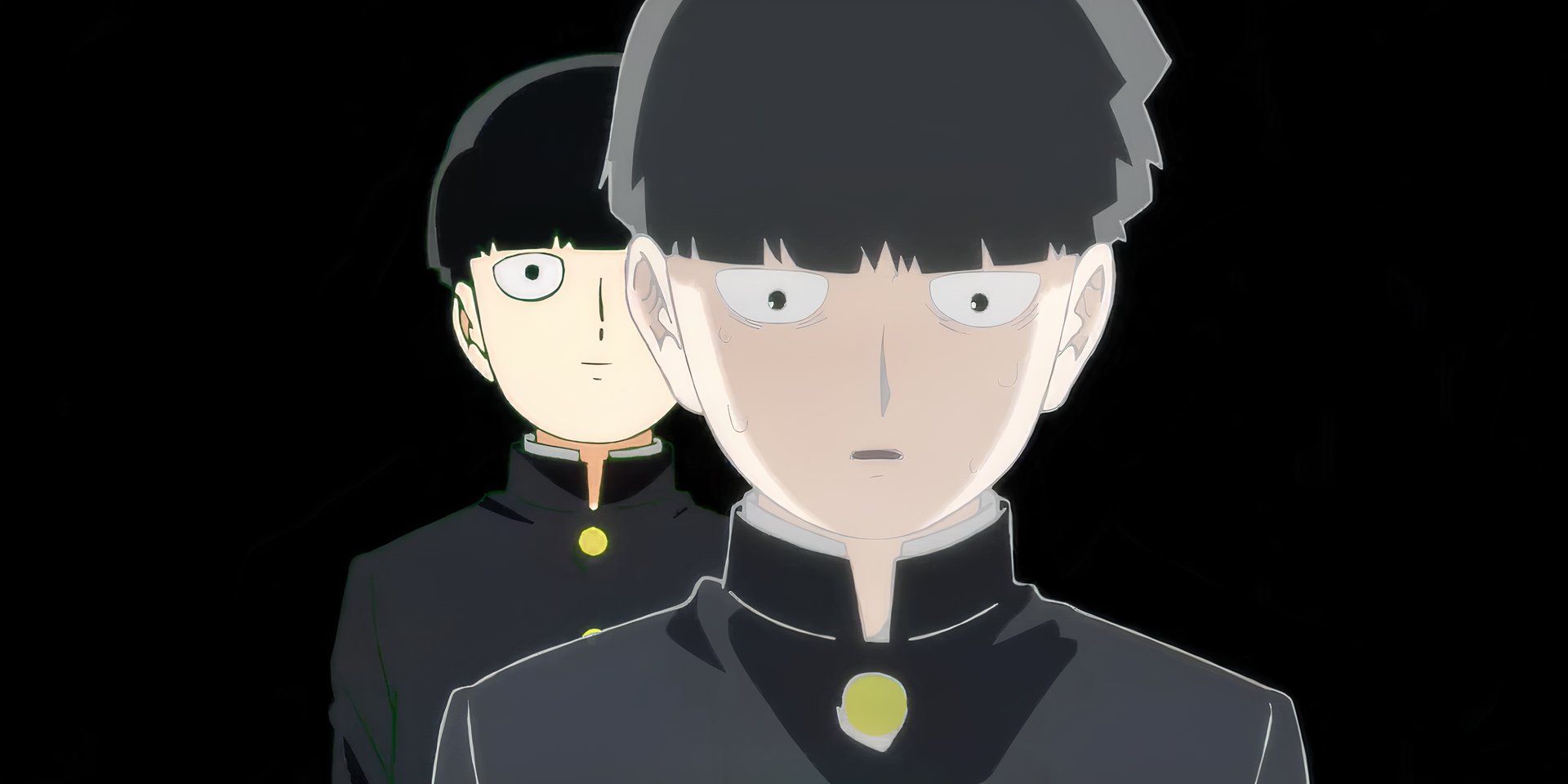
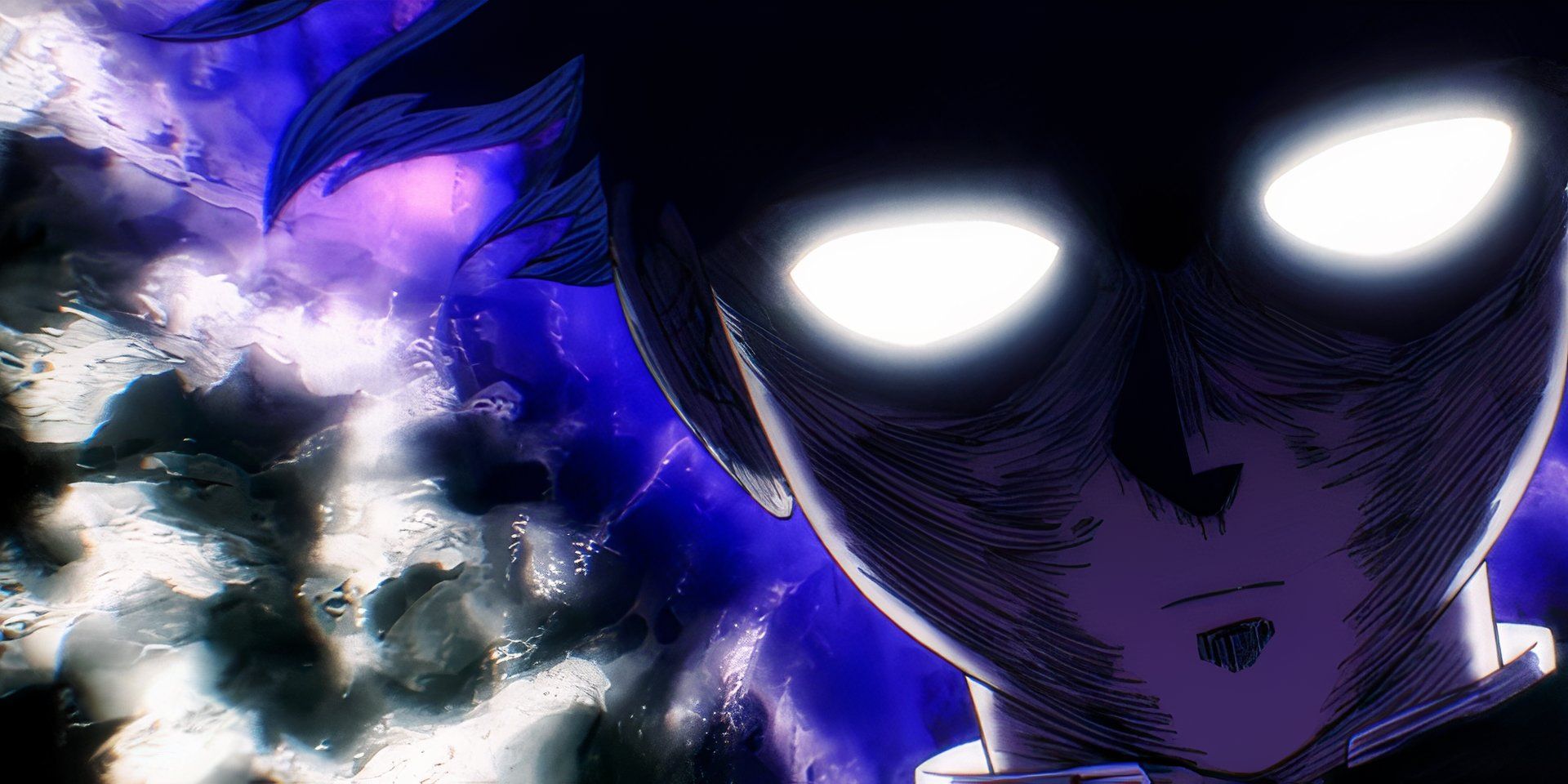
The ending of Mob Psycho 100 feels both expected and unexpected. After watching Mob hold back his abilities and feelings for so long, the finale focuses on his internal struggles – a battle with his own identity that resolves when he fully accepts himself. What makes this ending stand out for a shonen series is its choice to conclude with a peaceful emotional resolution instead of another fight. Mob’s story has always been about more than just psychic powers; it’s about growing up, understanding your feelings, and appreciating everyday life. The finale perfectly emphasizes this message, offering genuine emotional growth without relying on a dramatic transformation or spectacle.
Mob’s smile at the end feels like the culmination of his personal growth, and Reigen’s story also comes to a satisfying close. Their honest conversation reveals how much both of them have changed, solidifying one of the most realistic and heartwarming teacher-student bonds in modern anime. This warmth spreads to the supporting characters, showing us what their lives look like after the main conflict. The ending is calm and peaceful, prioritizing simple, beautiful moments over grand revelations. Mob Psycho 100 understands that maturity means gaining self-awareness, and its conclusion feels genuinely emotionally resonant and true to life.
The ending of Assassination Classroom is truly one of the most moving and well-done in the shonen genre. Throughout the series, it skillfully mixed hilarious moments with genuinely heartfelt lessons. The finale delivers a particularly poignant farewell, making Koro-sensei’s death incredibly impactful not because of the death itself, but how the show portrays it – with students expressing both sadness and thankfulness. The emotional peak of the series comes from a beautiful understanding of what it means to be a teacher. Koro-sensei dedicated himself to preparing his students for life after he was gone, and the finale powerfully conveys this with a level of sincerity rarely seen in anime.
The students’ journeys reflect the lessons Koro-sensei instilled in them: the importance of never giving up and continuing to grow, a theme that shines through even the story’s outlandish setup. As their time together ends, the attempt to assassinate him feels less important than the bonds they’ve formed. The ending works so well not just because it’s emotionally satisfying, but because it stays true to the story’s core ideas. It begins as a funny, bizarre story about trying to kill a teacher, and evolves into a thoughtful exploration of teaching, influence, and what someone leaves behind. Even years later, the ending remains powerful because it shows that real strength isn’t about having power. It’s unusual for a shonen anime to make learning, understanding others, and finding closure feel so inspiring. Koro-sensei’s final smile is a truly memorable image of hope in the shonen genre.
The ending of this series is surprisingly subtle for a shonen manga. Instead of a huge final fight, the story wraps up by focusing on Yusuke growing older and reflecting on his journey. The scene where he reconnects with his friends at the beach is actually more powerful than any of the battles that came before. The creator, Yoshihiro Togashi, prioritized a meaningful conclusion over flashy action, emphasizing that the story was about Yusuke finding peace and balance between his human life and the spirit world, not just becoming the strongest fighter.
The final scene is particularly effective, using gentle colors and a wistful feel. It offers a rare moment of peace for a character who’s faced a lot of turmoil. What sets Yu Yu Hakusho apart is that it doesn’t tie everything up neatly, leaving room for what happens next. The ending emphasizes that life continues even after the story is over. Each character—from Hiei to Kuwabara—discovers their own sense of peace. The show concludes with a hopeful and accepting feeling, and it’s this subtlety that makes it so strong. Yu Yu Hakusho was groundbreaking for suggesting that true resolution comes from understanding. For viewers accustomed to action-packed shows, the final beach scene remains a quietly powerful display of emotional depth—an ending that resonates even more over time.
The ending of Attack on Titan is controversial, but it’s also incredibly memorable. It sparked a lot of debate, and that’s actually what makes it so strong. Instead of a simple, happy ending, the story forces viewers to grapple with difficult moral questions. Eren’s actions – destroying the world in the name of freedom, then being killed by his closest friend – leave us wondering if true justice is even possible when revenge is involved. That’s where the finale’s power lies. Attack on Titan challenges the typical shonen story by rejecting the idea of clear heroes and a peaceful resolution. Instead, it focuses on loss and the painful realization that even well-meaning actions can have terrible consequences. It’s this complexity that makes the ending so impactful.
Despite the immense loss, the anime doesn’t leave viewers with a completely hopeless feeling. Scenes of Mikasa grieving and the world slowly recovering hint at a continuing future and a delicate sense of optimism. Humanity does survive, but only by facing up to its past mistakes. The final time jump, showing future generations visiting the same tree, emphasizes this lasting impact. While the world moves on, the memory of the violence serves as a reminder that conflict is always a possibility. Ultimately, Attack on Titan uniquely blends the action-packed style of shonen anime with the weight of political tragedy. The ending isn’t for everyone, but it powerfully and honestly resolves the story’s central ideas. Few anime are willing to end with such thought-provoking finality and self-awareness.
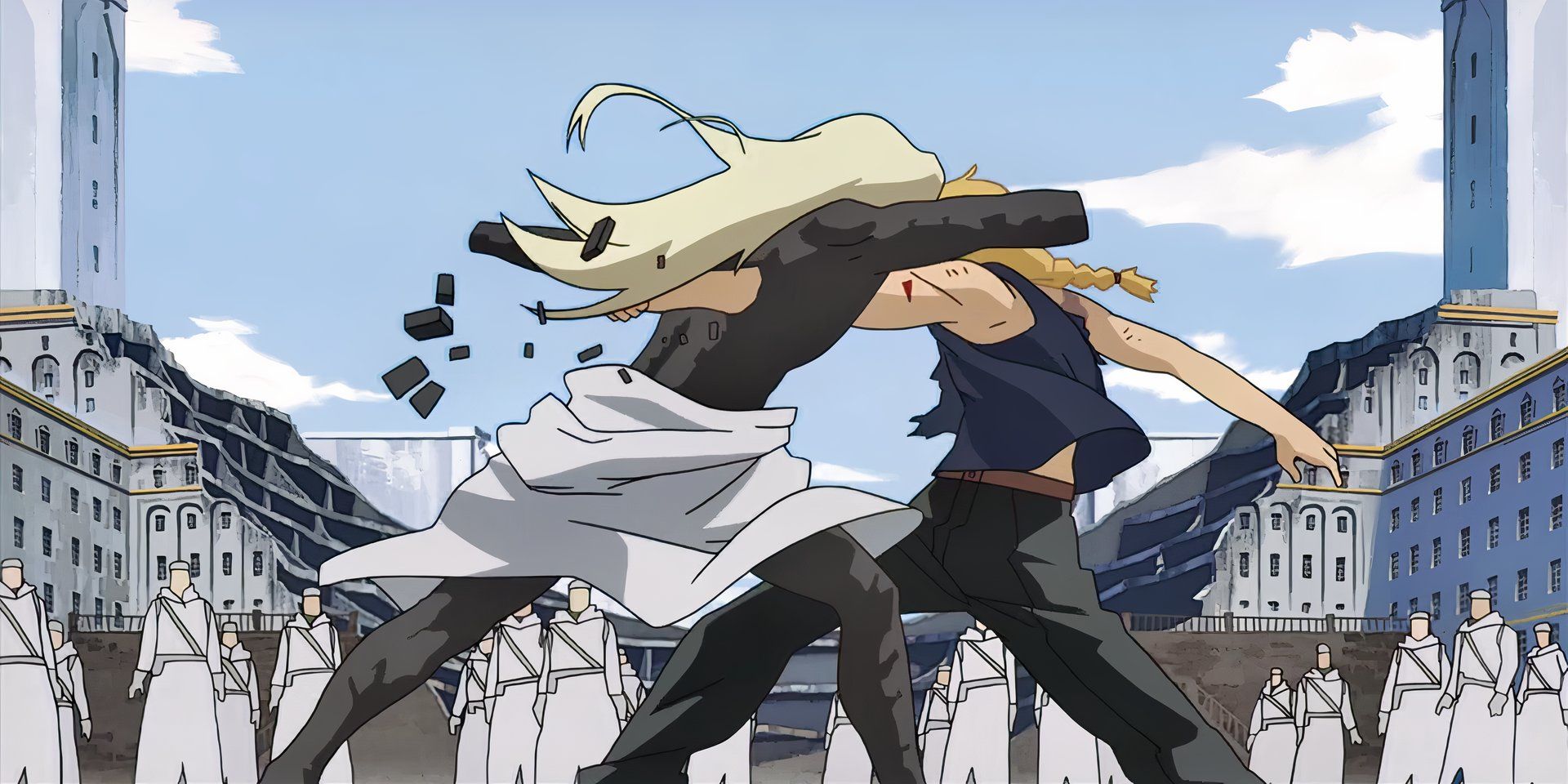
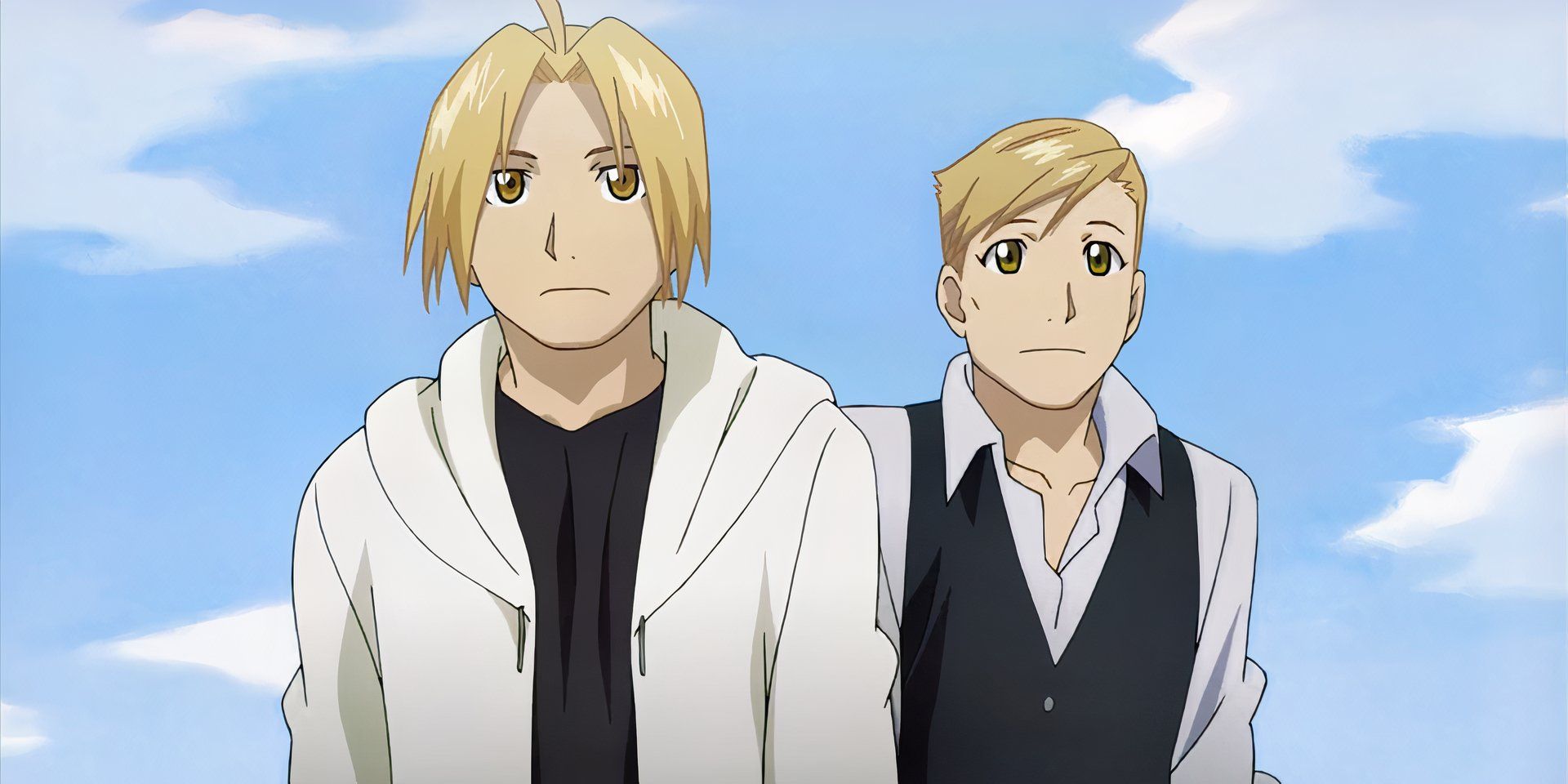
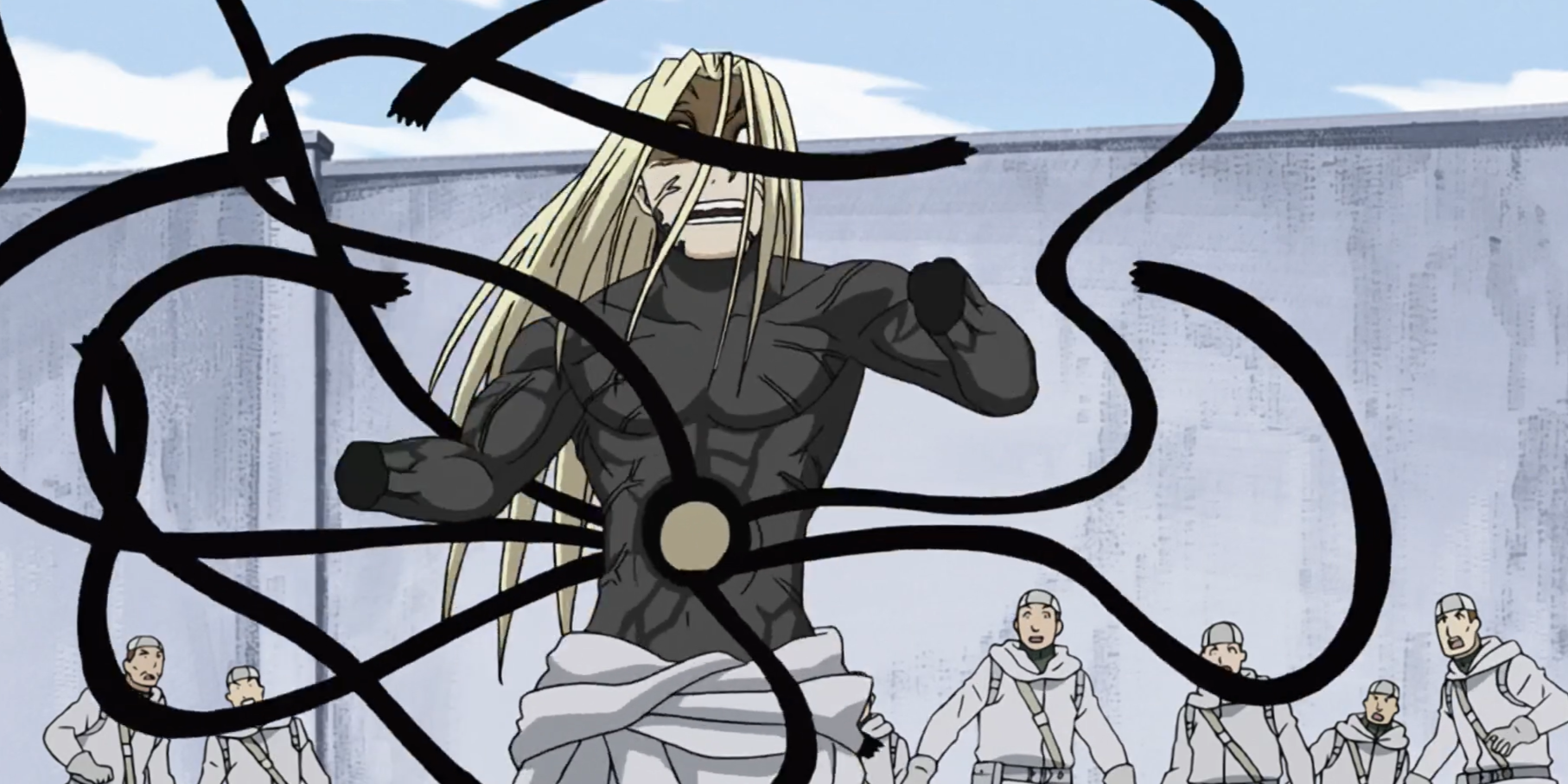
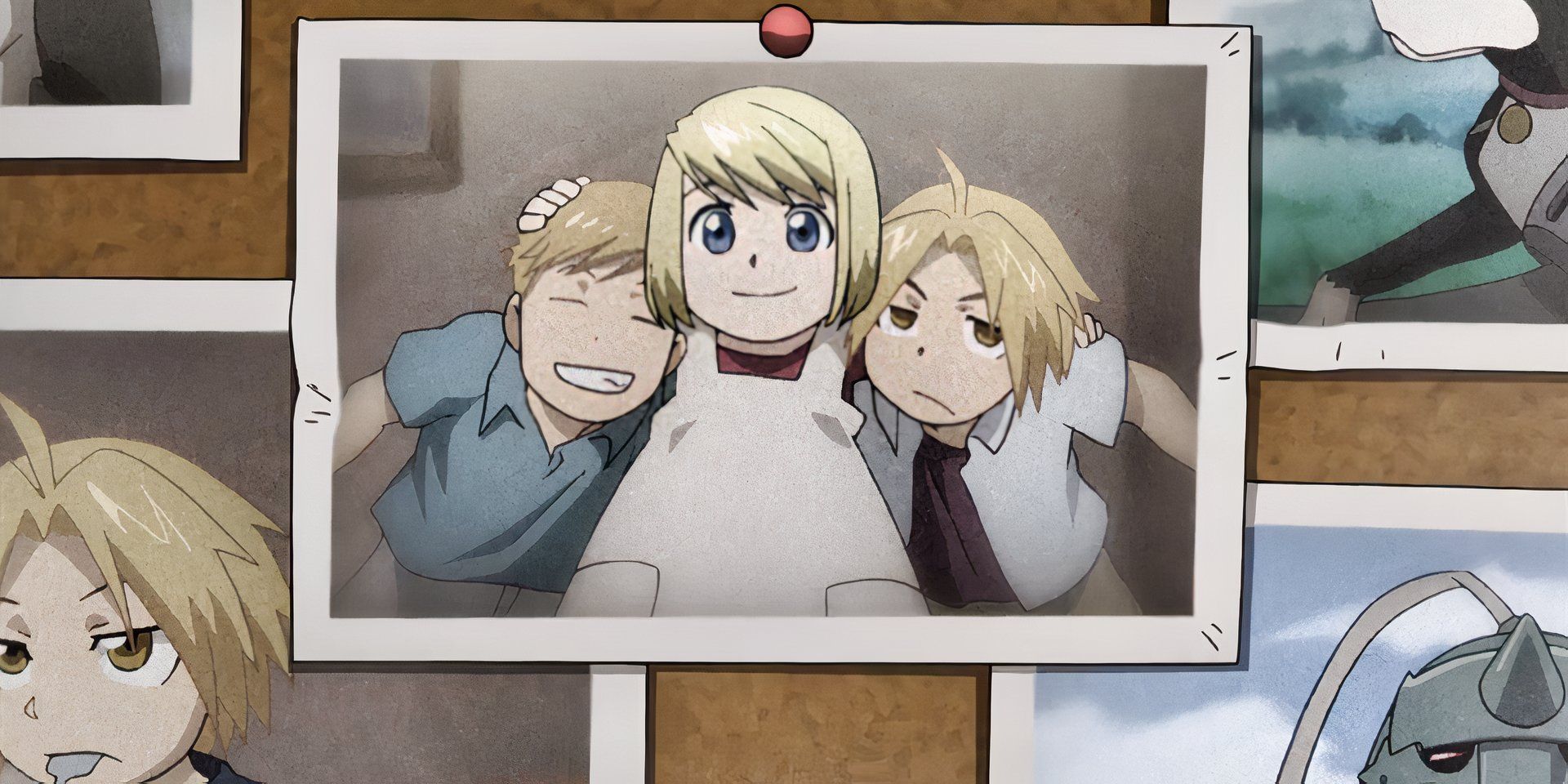
Fullmetal Alchemist is often considered the gold standard for how to conclude a shonen series. It expertly ties together a large cast of characters, a richly developed world, and a consistent moral message that always feels emotionally resonant. The story of Edward and Alphonse Elric comes to a satisfying end, acknowledging both their strengths and their suffering after years of hardship and conflict. Ed’s decision to give up alchemy to restore his brother’s body is a particularly moving and beautiful moment. Throughout the series, it emphasizes that there are limits to everything, and that true fulfillment comes from selflessness and acceptance.
The ending of Brotherhood feels truly satisfying because it expertly combines large-scale action with deeply personal moments. The final fight with Father is both epic and meaningful, and even minor characters get a chance to demonstrate their growth, like Mustang regaining his vision and Scar finding peace. The story doesn’t shock you with twists, but instead rewards you for paying attention. What’s truly impressive is that Brotherhood doesn’t drag on unnecessarily; it concludes at the perfect time, emphasizing that power is worthless without a clear purpose. The epilogue provides a gentle and fitting resolution to years of struggle and suffering. Though not spectacular, the ending feels profoundly human. In a series full of escalating conflicts, its final message is surprisingly timeless and resonates deeply, making it one of the most emotionally impactful and thematically consistent anime finales you’ll find.
Read More
- Spider-Man 4 Might Feature [Spoiler]’s MCU Debut — Report
- One of the Most “Exciting” Paranormal Adventure TV Shows of the Decade Sets Season 11 Release Date on HBO Max
- Black Phone 2 Ending & Grabber’s Fate Explained
- Прогноз криптовалюты SKY: прогнозы цены SKY
- 6 Years Ago, Star Wars Debuted Its Most Wasted Villain In Franchise History
- Прогноз криптовалюты ADA: прогнозы цены ADA
- Серебро прогноз
- Золото прогноз
- Disney Plus Celebrates Zootopia 2 Special Look Debut With New Trailer
- Ice-T Explains Reduced ‘Law & Order’ Presence
2025-11-08 07:23